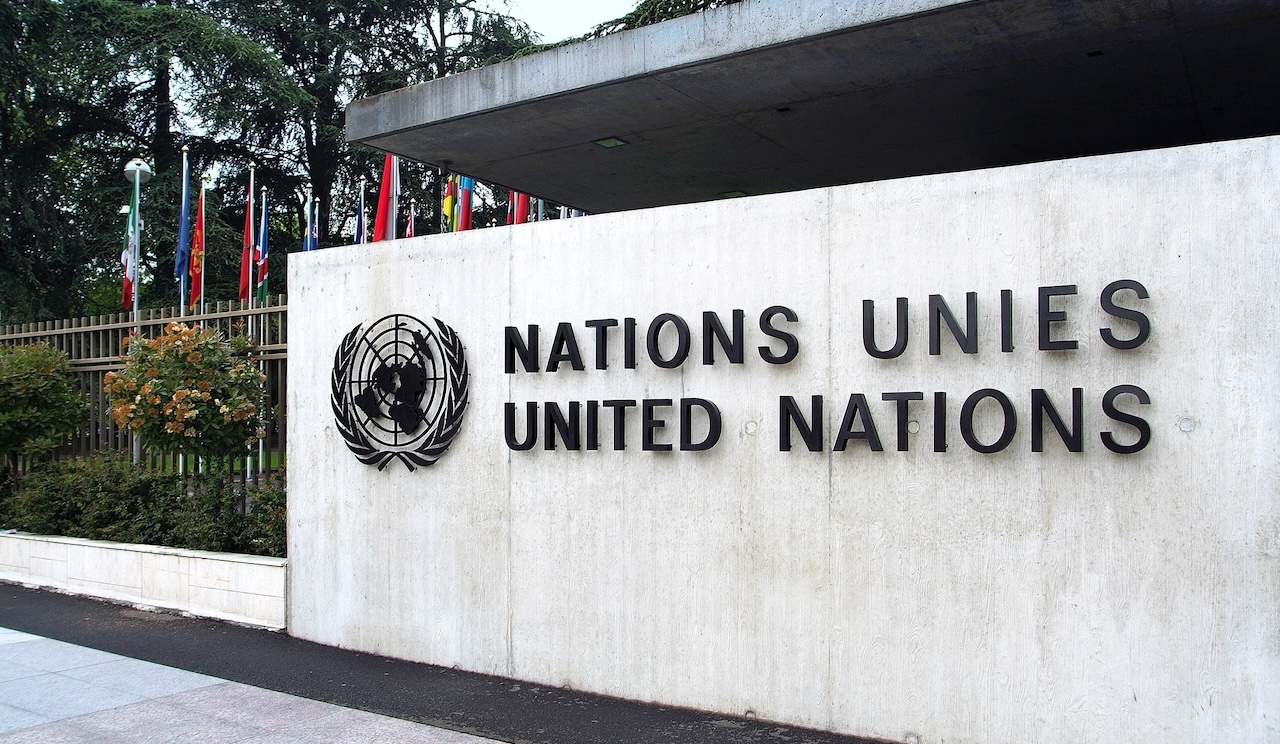Artificial intelligence needs to be regulated, and in this sense great progress has been made in recent weeks.
Especially regarding the AI Act, the first European regulation on artificial intelligence. Which on Wednesday 13 March obtained an important green light from the European Parliament.
The UN has now expressed itself on artificial intelligence: the United Nations General Assembly has unanimously adopted the draft of a historic (although non-binding) text. This is the first global resolution on AI, promoted by the United States with “co-sponsorship” of 120 other countries. And in content it is, if we want, an extension of our community regulation, the AI Act.
Let’s find out more about the first UN resolution on artificial intelligence.
The UN resolution on artificial intelligence
In a note published on the United Nations website on Thursday 21 March, we read that “the United Nations General Assembly adopted a historic resolution on promoting ‘safe, secure and reliable’ artificial intelligence (AI) systems that will also benefit of sustainable development for all.”
Lo Sustainable Development refers to the 2030 agenda, a plan made up of 17 points with the aim of environmental protection and the widespread well-being of individuals.
The draft text is a non-binding resolution reached after three months of negotiations. It obtained the consent of the 193 member countries but without a vote. It means that there was unanimous acceptance of the proposed text, but this does not mean total adherence to all the steps of the draft.
The resolution: for AI that respects human rights
The resolution wanted by the US provides for “the respect, protection and promotion of human rights in the design, development, diffusion and use of artificial intelligence.”
The UN has called on all member states to cease the production or use of AI systems that are ultimately out of harmony with the 2030 agenda. And that are not “in compliance with international human rights law or that pose undue risks to the enjoyment of human rights.”
The Assembly also declared that the same rights that individuals enjoy offline must also be protected online, including in areas where artificial intelligence is at stake.
Against the digital divide
Another central point of the UN resolution on artificial intelligence concerns the digital divide.
Still looking at the 2030 agenda, the general gap needs to be filled. The approved draft text recognizes the different levels of technological development, both between countries and within each country. And the fact that developing countries “face unique challenges in keeping up with the rapid pace of innovation.”
The need to cooperate
Because of this the United Nations General Assembly asked member states for great cooperation, for the development of AI that respects human rights and differences. But also to “support developing countries, so they can benefit from inclusive and equitable access, bridge the digital divide and increase digital literacy.”
The comment
Linda Thomas-Greenfield, United States ambassador and permanent representative to the United Nations, expressed her opinion on the UN resolution on artificial intelligence.
Thomas-Greenfield hoped that “the inclusive and constructive dialogue that led to this resolution can serve as a model for future conversations on the challenges of AI in other areas, for example with respect to peace and security and the responsible military use of AI autonomy.
We therefore reaffirm that artificial intelligence will be created and used through the lens of humanity and dignity, safety and security, human rights and fundamental freedoms.”
And on the resolution he added: “We intend it to complement future United Nations initiatives, including negotiations towards a global digital compact and the work of the Secretary-General’s High-Level Advisory Body on Artificial Intelligence.”
Stay updated by following us on Google News!
